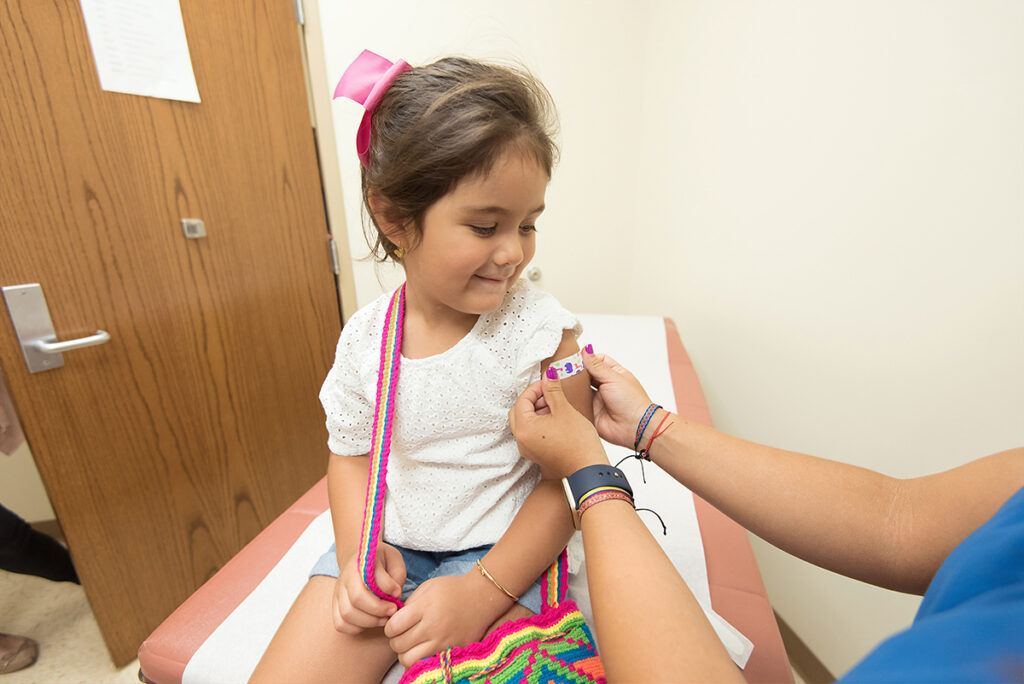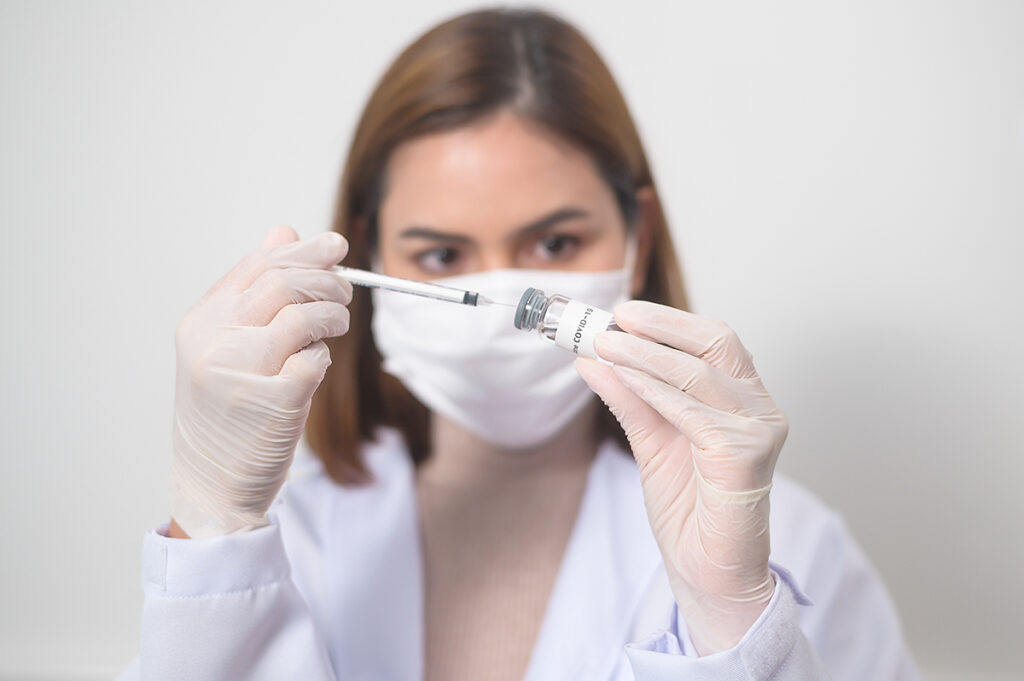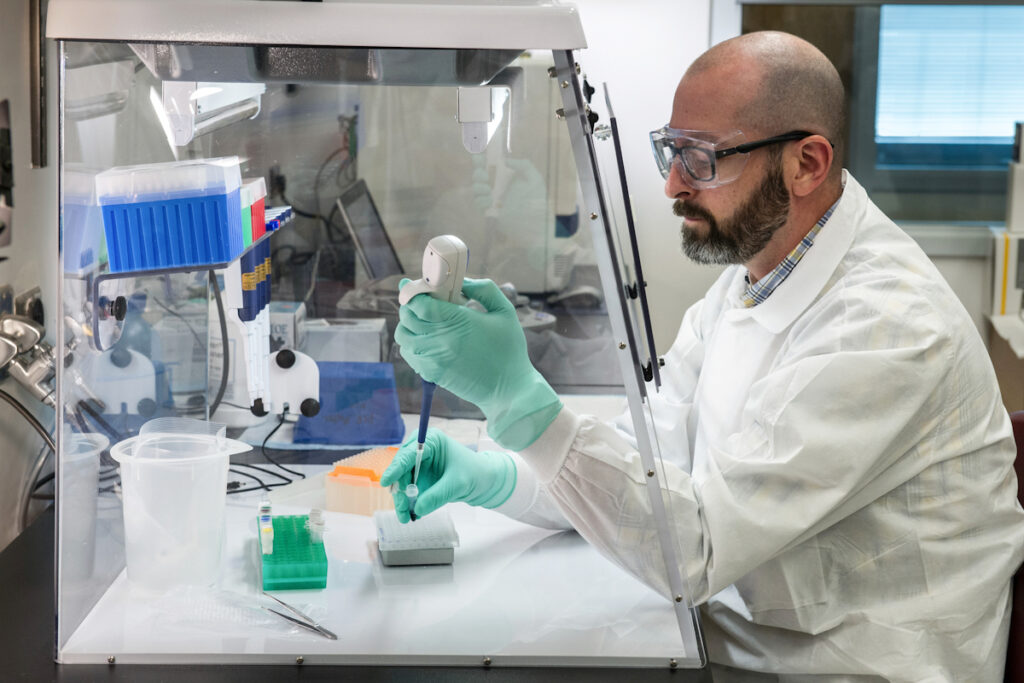Discussion of theorists and practitioners
According to professors of medical schools at Stanford University, University of California, Georgetown University, there is not enough research data to estimate harms of long-term clinical benefit from antiviral treatment.
A stable virologic response (SVR) has a successful result of hepatitis C therapy: virus is not detected in the blood serum after 24 weeks of treatment. However, there are dozens of cases when result is being reached but patients still suffer from hepatocellular carcinoma. Therefore, professors suggest shifting attention from achieving SVR to studying the risk of developing the terminal stage of liver disease.
Doctors do not agree with this opinion and continue to strive in their work to achieve SVR.
Clinical study of new treatments
University of Toronto MD, Jordan J. Feld, and colleagues published the results of their research in 2020. They have inspected the effect of new hepatitis C treatments on long-term patients’ survivaleness.
From 2006 to 2016, doctors observed more than 1000 people who were taking treatment for hepatitis C. Patients underwent traditional therapy with pegylated interferon-α2b or a new direct-acting antiviral drug (DAA). Virologists also studied the effect of individualized and flat dosing of specific drugs to achieve SVR on patients with tracking relapses within 2-10 years after treatment.
New treatments have been found significantly much more effective than traditional ones.
The results obtained inspire even severe patients
2 years after the therapy, hepatitis C virus ceased to be detected in blood serum (SVR state) in 97% of patients receiving DAA. For those treated with interferon, this figure was 52%.
The survival rate of people who achieved SVR was 97% for DAAs and 99% for interferon. In the 2-years forecast, they did not have any serious health consequences such as decompensation, hepatocellular carcinoma, liver transplantation or death.
In people who did not achieve SVR, an unprecedented survival rate of 2 years was 96% for DAAs and 76% for interferon.
In 10-years term, the unprecedented survival rate for patients who achieved SVR was 93%, and for those who did not reach SVR it was 74%.
Therapy authors consider new hepatitis C treatment methods revolutionary because a significantly larger number of patients achieve SVR and improve their vitality.
Lifestyle correction is also a cure
The discussion remains open: is SVR a treatment or is it just a marker of those who respond better to therapy.
The convergence of expert scientists and clinicians is really important: accelerating the disease is not accidental. Alcohol abuse, obesity, HIV, drug addiction – significantly increase the risk of developing the terminal stage of liver disease.
Patients can take advantage of these non-drug options and change their lifestyle to prevent liver complications. Human health depends on himself.
Useful article, necessary information? Share it!
Someone will also find it useful and necessary:



